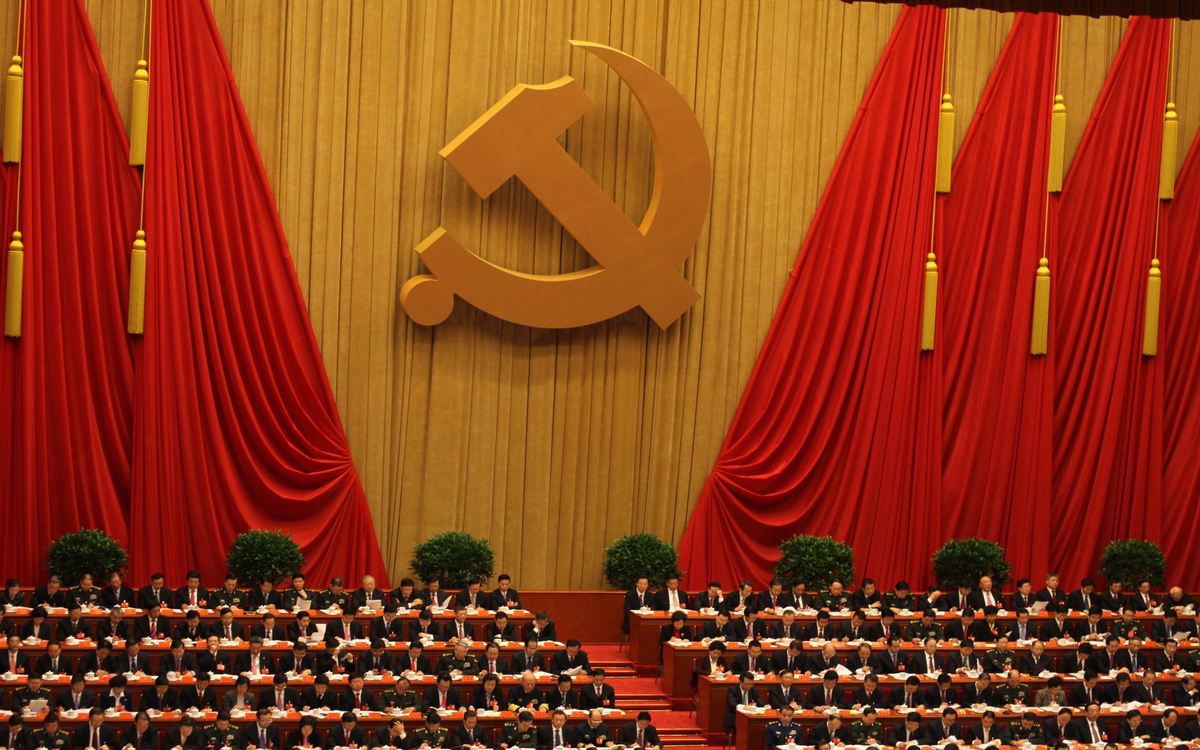- A new Chinese film law could limit distribution of foreign films.
- The law contains a provision that domestic films should take up at least two-thirds of total movie run time in Chinese cinemas.
- The measure follows a tax rebate introduced in April that officials hope will ensure homegrown films take more than two-thirds of total box office.

China’s top legislative body is considering a new film law that could limit the distribution of foreign films. (Wikipedia)
Foreign films may find it harder to enter the Chinese theatrical market due to new laws being considered by the country’s top legislature.
The National People’s Congress Standing Committee is reviewing a draft law on the film industry that includes a provision that domestic films should take up at least two-thirds of total movie run time in Chinese cinemas.
The sweeping law states that “cinemas should properly arrange screenings and time slots of films made by domestic organizations, and homegrown films should take up at least two-thirds of total movie run time,” according to the state-run Xinhua News Agency,
The measure follows a tax rebate introduced in April that officials hope will ensure homegrown films take more than two-thirds of total box office.
The extra layers of protectionism are coming despite some segments of the media calling for more competition from foreign films. Recent local reports have even suggested a removal of the country’s summer blackout on foreign imported films.
“To pursue its development and progress, China’s film industry still needs to learn from its foreign counterparts,” read an opinion piece published in the China Youth Daily and subsequently republished in Communist Party newspaper The People’s Daily.
“Excessive protection will not empower sheep to confront a wolf in any case.”
The release of Jason Bourne (谍影重重5) and Ice Age: Collision Course (冰川时代5:星际碰撞) last Tuesday brought an early end to the country’s summer blackout on foreign imported films.
Industry watchers have interpreted the early end to the blackout period as an attempt to add vitality to an anemic box office that has lasted for three successive months.
Despite the lobbying, the new draft law being considered by lawmakers moves in the opposite direction. The apparent move towards extra protectionism comes despite existing measures that saw local films took 62 percent of the market in 2015.
The new draft also specifies that “citizens, corporations and other organizations can provide film processing and post-production services for foreign movies, with an exception for those with the content that could “harm national dignity and interest of China, cause social instability, or hurt the national feeling,” according to Xinhua.
Also included in the draft law are provisions aimed at curbing box office fraud, with punishments including fines up to RMB 500,000 (USD $75,000), business suspensions, and outright bans.
It also seeks to slash red tape involved in the film production process including canceling the need for government approvals to shoot films. Instead, film bureau officials will give the green light to films at the script or abstract stage.
The first draft of the bill was originally presented in October 2015. Lawmakers are making their second reading of the bill during the bimonthly session of the legislature this week.
The draft law also featured a heavy focus on compelling Chinese celebrities to maintain a “positive public image” and “core socialist values” – or face bans on their films.





